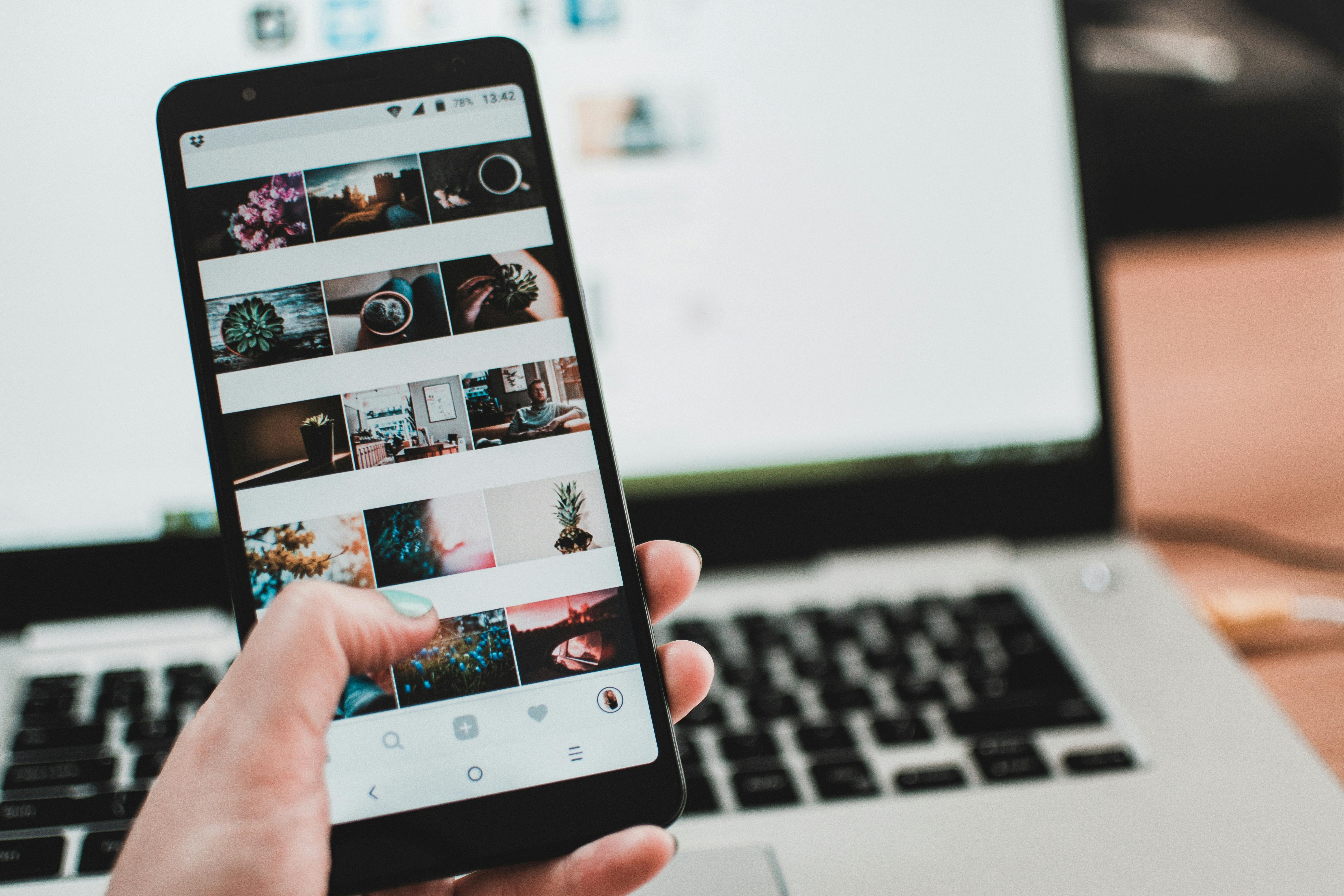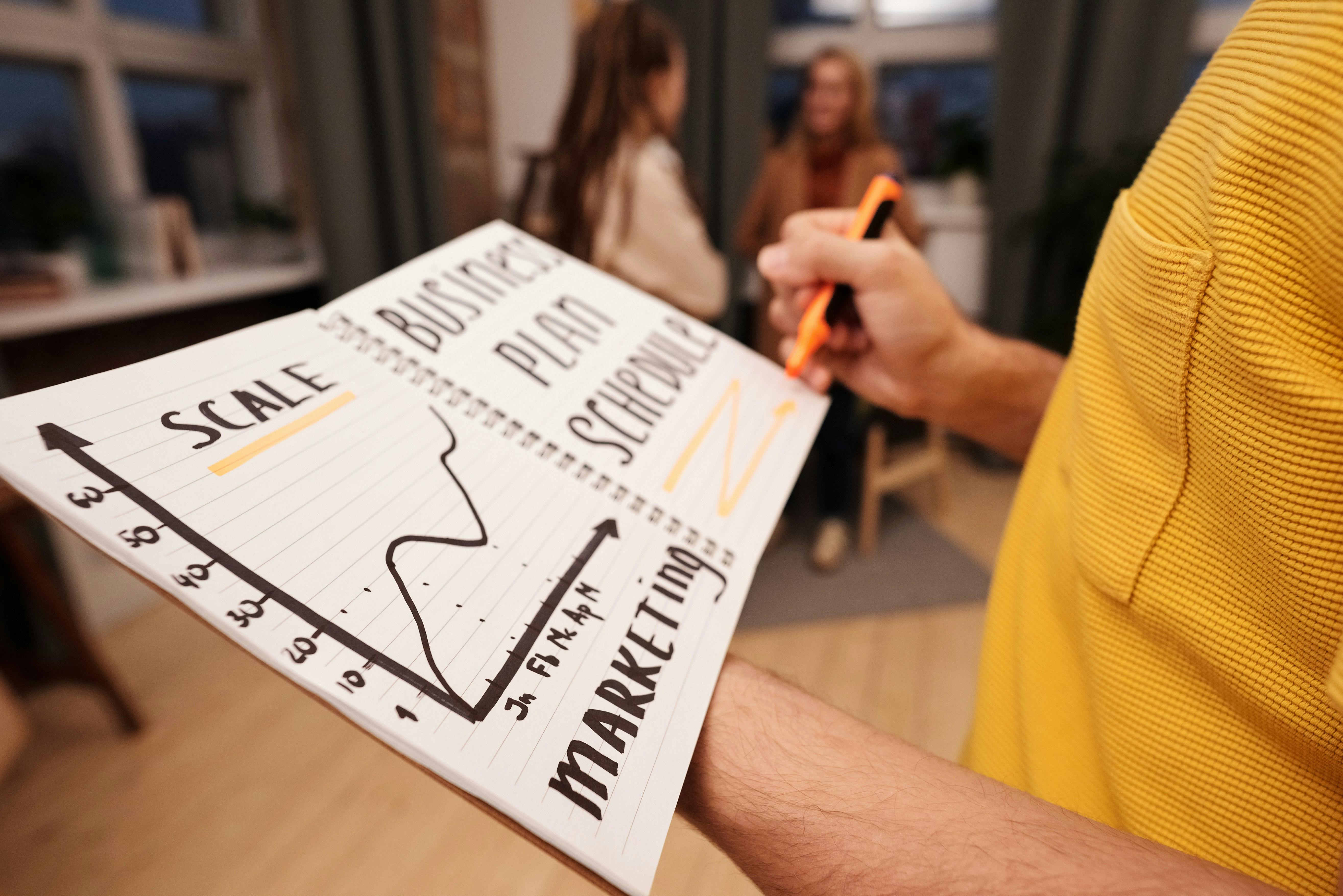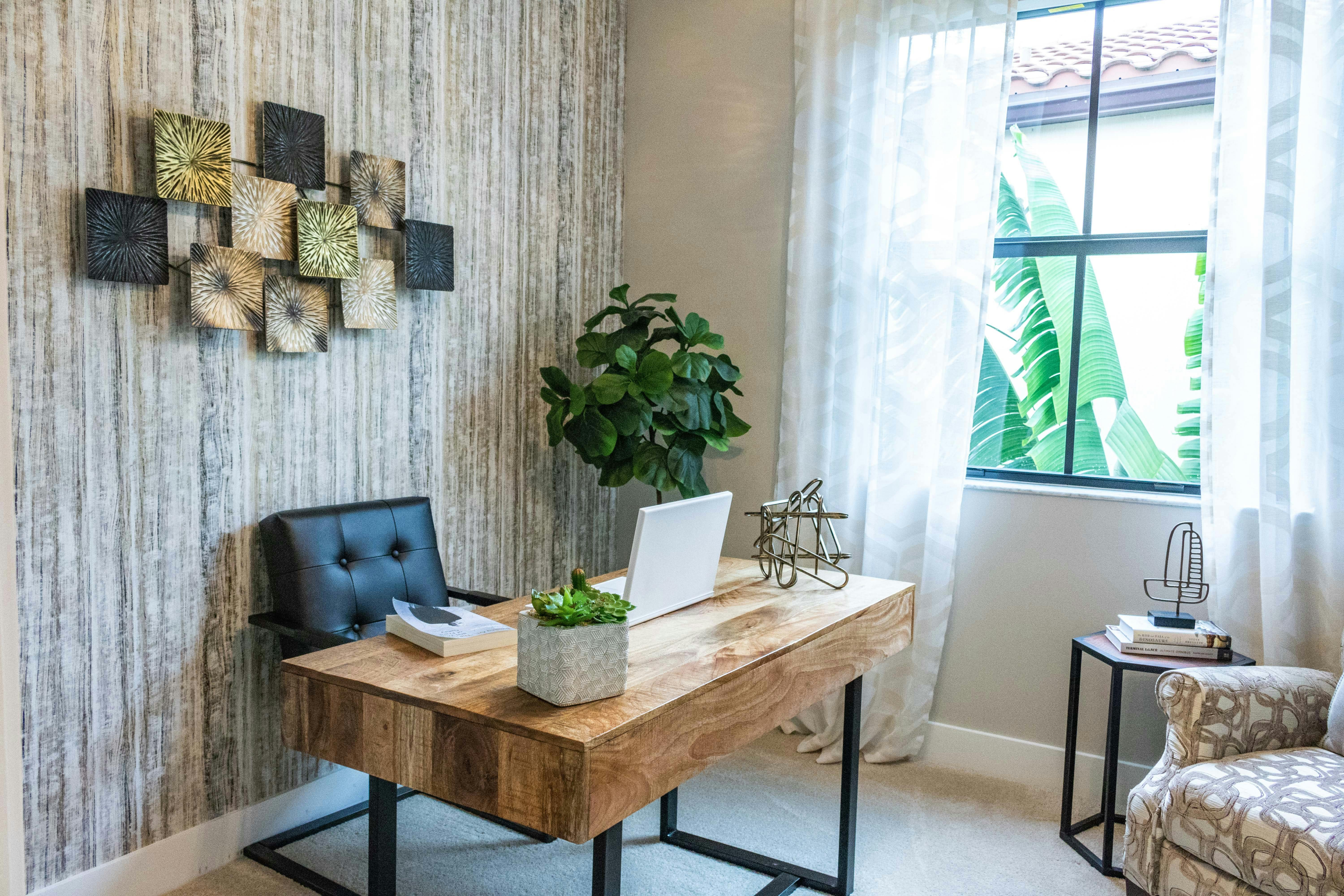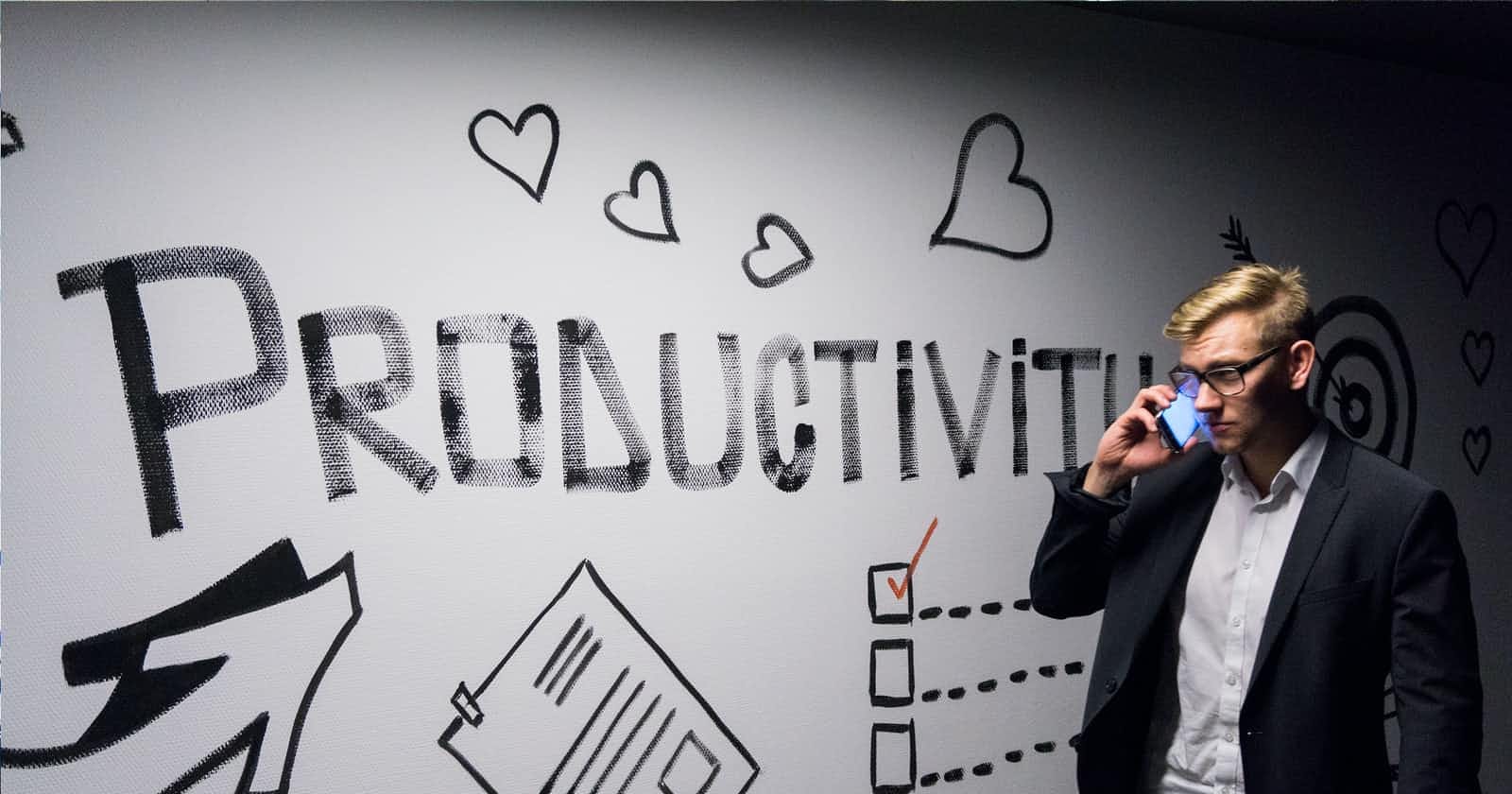
7 ways Developers Increase Productivity
Optimise your productivity with 7 easy steps
1. Cultivate Self-discipline

How can self-discipline help developers increase productivity?
According to Forbes, self-discipline prevents distraction from impulses, and activities that do not align with your goals.
Self-discipline encourages you to think logically rather than emotionally towards your goals. You may not feel like coding today, but if you keep at it, your project will be finished within the desired time frame. As a result, you will be happy. 😄
Form a habit of making a schedule and sticking to it.The small sacrifices you make will contribute to your overall achievement.
2.Avoid Social Media mornings
As entertaining as it is, Social media can be a big distraction to productivity. Especially when you are working on a project that needs your full attention.
Unless you are using Social media for problem solving, scrolling through your timeline early in the morning will only drain your energy for the day. You will find yourself following some hot topic, arguing with strangers or demoralised by the fake social media lifestyle.
 Author Brian Tracy in his book-Power of self-discipline-suggests checking your social media after 11am for an hour or less and later on at 3pm. This allows you time to get alot done before engaging in chit chat.
Author Brian Tracy in his book-Power of self-discipline-suggests checking your social media after 11am for an hour or less and later on at 3pm. This allows you time to get alot done before engaging in chit chat.
Depending on whether you are a morning person or a night owl, schedule the least amount of time for social media and more on other activities that positively impact your life.
3. Prepare tomorrow's to-do-list today
Scheduling the next day's tasks the night before enables your mind prepare for the tasks and challenges ahead. You are able to envision challenges and successes and prepare for them before hand.
It also helps you stick to your schedule. If it's not on the list, it's not getting done today, unless off course it's an emergency.
4. Track your achievements
Set daily tasks, weekly targets and monthly goals. All these lead to a successful year. Each task should build onto a bigger goal subsequently. By the end of the year you will have a whole set of achievements to celebrate.
 Author Brian Tracy in his book-Maximum Achievement-suggests having at least 10 time-bound goals than should be broken down to smaller, daily and monthly achievements that contribute to them.
Author Brian Tracy in his book-Maximum Achievement-suggests having at least 10 time-bound goals than should be broken down to smaller, daily and monthly achievements that contribute to them.
Also using productivity apps like To-doist, Wakatime and Elevate will help you keep track of little achievements and keep you on the right track.
5. Embrace mono-tasking
Mono-tasking is the act of concentrating on a single task at a time-the opposite of multitasking. While the World prefers multitaskers ,only 2% of us can successfully multi-task, the rest of cannot. And it's not even healthy.
According to an MRI study by The National Center for Biotechnology Information (NCBI)-Psychological science and neuroscience indicate that our minds are taxed by multitasking. When we attempt it, we must engage in task switching, placing increased demands on neurocognitive systems that support control and sustained attention.
To be better at monotasking. Segregate your days into logical and creative periods depending on whether you are a morning person or a night person.
People living with Attention deficient hyperactivity disorder (ADHD) work well with the Pomodoro technique. This technique encourages 25 minutes of concentration followed by 5 minute breaks to relax the mind.
6. Locate your energy.

I learnt this great tip from Author and Life-coach Jay Shetty .In his you-tube video- “Before you waste time ,watch this”- Jay talks about how doing something at the same time and same place everyday creates a powerful aura around that place.
The world as we know it is a ball of floating energy forces. Your memory is able to tap into an energy force in a location its accustomed to. Set aside spaces and times for daily tasks.
It's best to have a working desk/area separate from your reading, eating and sleeping space. Having space for each activity will enable you easily tap into the surrounding energy.
Set the same time for each of these activities everyday and see yourself tap into powerful creative energies you never envisioned before.
7. Sleep 7-10 hours a day
How much should you sleep? As an adult, the CDC recommends at least more than seven hours a day. Without enough sleep you loose concentration quickly, become irritable ,fatigue and you will be susceptible to burnout.
Developers increase productivity by getting the much needed rest of 7 or more hours a night.
If you are having a hard time sleeping, consider changing your routine, eat a balanced diet and exercise to exhaust your body into resting at the end of the day. Incase you suspect that you have a sleeping disorder, seek professional advice.

